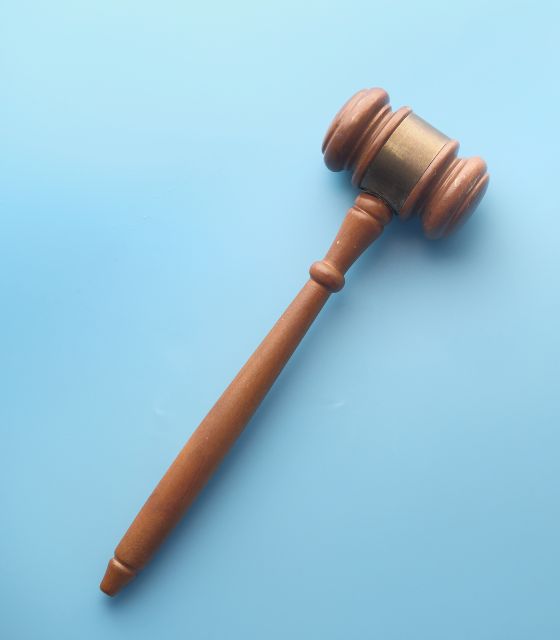Artificial intelligence is growing in popularity, but before you adopt AI into your advertising business, many regulations must be considered. Knowing and understanding which regulations affect your business ensures your adoption of AI is successful and sustainable.
While AI technology is evolving faster than most governments can pass regulations, several pieces of existing legislation impact how AI can be developed and used. Some of these laws are about AI specifically and others, while written to regulate other behaviors, also affect the use of AI.
Previous AI regulations in the US
In the United States, several pieces of legislation control the use of artificial intelligence. In addition to existing federal laws and guidelines, the country is also looking to pass additional laws in the coming years. Three critical pieces of legislation in the US are:
- The National AI Initiative Act of 2020. This legislation is focused on the expansion and development of AI. This act created the National Artificial Intelligence Initiative Office – tasked with “overseeing and implementing the US national AI strategy.”
- The Federal Aviation Administration Reauthorization Act. This legislation regulates the language that requires a review of AI in the field of Aviation.
- The National Defense Authorization Act for Fiscal Year 2019. This act tasked the US Department of Defense with various AI-related activities, including, but not limited to, the appointment of a coordinator to oversee AI activities as it pertains to the Department of Defense.
These laws are not, however, the only laws that affect the use of AI within the US. As AI continues to grow, legislators are working on additional measures to ensure privacy and copyright protection going forward.
New US regulations on AI
In addition to existing legislation targeting the use and creation of AI, businesses should be aware of new laws and regulations. These include The White House Executive Order on AI and The White House Blueprint for an AI Bill of Rights.
One of the most important pieces of new legislation to pay attention to is The White House Executive Order on AI (also called the Safe, Secure, and Trustworthy Development and Use of Artificial Intelligence). This executive order regulates the use of AI in several sectors, to ensure the use and development of “AI for good and realize its myriad benefits requires mitigating its substantial risks.”
The White House Executive Order outlines requirements for federal agencies and outlines requirements for developers. It also mandates the creation of federal standards and the sharing of safety test results with the US government. The order also requires the Department of Commerce to develop guidelines for content authentication and the labeling of AI-generated content to protect consumers.
Advertisers looking to integrate AI into their business need to pay attention to this executive order and the regulations that will follow.
Another key piece of newer legislation is The White House Blueprint for an AI Bill of Rights. This bill outlines guidelines for creating equitable access to AI systems. Within the bill, there are five principles, each with a list of associated practices. These are intended to inform the design, deployment, and use of “automated systems” to prevent algorithmic discrimination, protect data privacy, and mitigate the potential risk to “human alternatives.”
Both businesses and consumers should understand this bill so that they can fully understand the legal implications of using AI. While most of these regulations will apply to developers, it’s important to understand the broader legal picture when implementing new technologies into large-scale operations.
In addition to legislation, tech companies are working together to create a framework of ethical operations. Several organizations, including Adobe, Amazon, IBM, Google, Meta, Microsoft, Open AI, and Salesforce, have agreed to “help move toward safe, secure, and transparent development of AI technology.” This includes committing to internal and external security testing and sharing risk mitigation data.
Copyright law and AI
Other legal considerations when using AI include copyright law. In particular, it’s important to note that any creative work done by AI cannot be copyrighted in the US. The U.S. Copyright Office has been clear that only works “created by a human being” qualify for copyright registration. This means that any work created by generative AI is not protected by copyright law.
Additionally, the Copyright Office announced in 2023 that it will examine existing copyright law and address any policy issues raised by AI. Notably, this will include clarifying policy surrounding the use of copyrighted materials for training AI models. In 2024, the Copyright Office also plans to publish a report analyzing AI-related issues.
Marketers looking to leverage generative AI should closely follow evolving copyright laws; unprotected work can be used by anyone for anything. This means that if you use AI to create an ad, another brand can use that same creative themselves without any recourse.
AI can be a boon to many businesses, but studying regulations and ensuring your use of AI falls within them is critical. Technology is ever-evolving and while it can take time for regulations to catch up, they inevitably do.
The growing need for advanced AI regulations will force governments into action By fully understanding existing regulations and paying attention to upcoming legislation, advertisers can more safely adopt AI into their business.

To see more from illumin, be sure to follow us on Twitter and LinkedIn where we share interesting news and insights from the worlds of ad tech and advertising.











